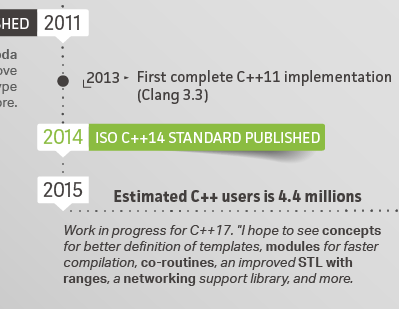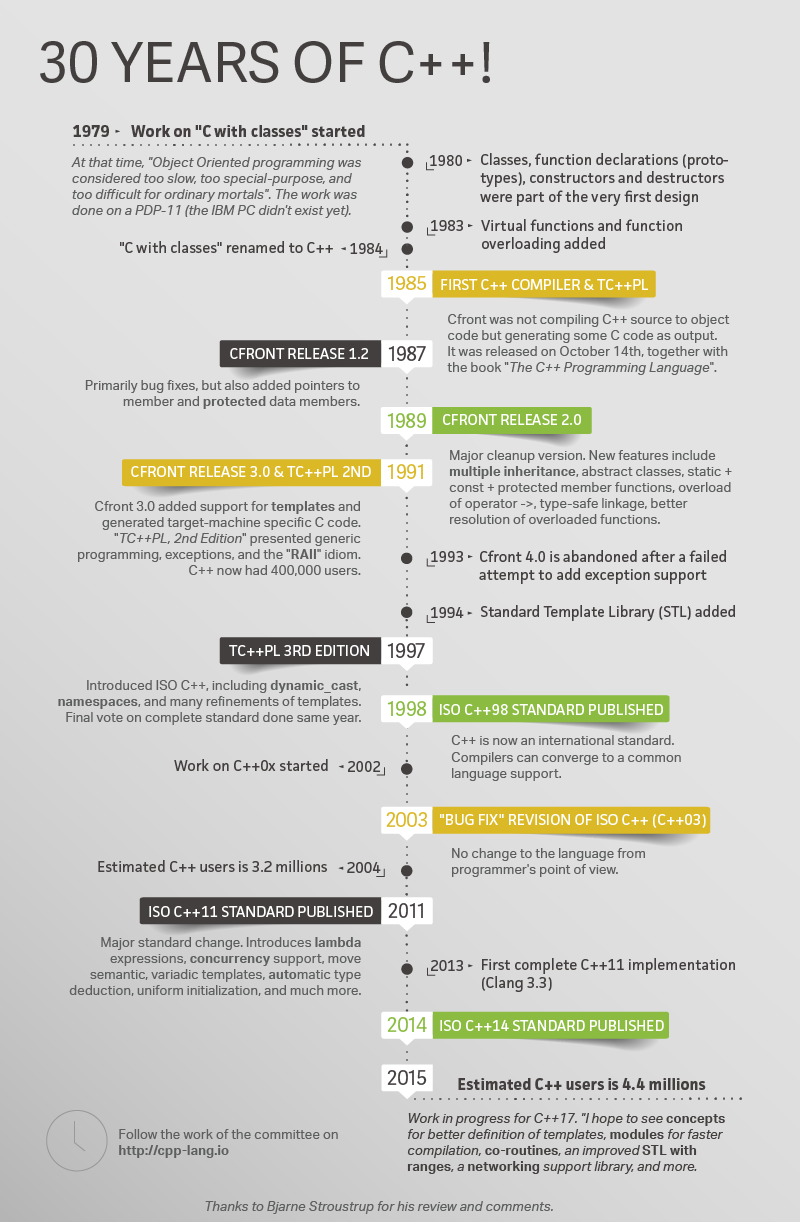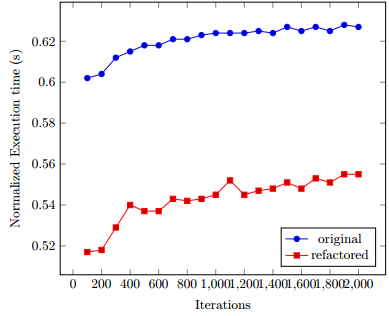CppCast Episode 30: Stop Teaching C (When Teaching C++) with Kate Gregory
Episode 30 of CppCast the only podcast for C++ developers by C++ developers. In this episode Rob and Jason are joined by Kate Gregory to talk about why we should stop teaching C (when teaching C++).
CppCast Episode 30: Stop Teaching C (When Teaching C++) with Kate Gregory
by Rob Irving and Jason Turner
About the interviewee:
Kate Gregory has been using C++ since before Microsoft had a C++ compiler, and has been paid to program since 1979. She loves C++ and believes that software should make our lives easier. That includes making the lives of developers easier! She'll stay up late arguing about deterministic destruction or how C++ these days is not the C++ you remember.
Kate runs a small consulting firm in rural Ontario and provides mentoring and management consultant services, as well as writing code every week. She has spoken all over the world, written over a dozen books, and helped thousands of developers to be better at what they do. Kate is a Microsoft Regional Director, a Visual C++ MVP, an Imagine Cup judge and mentor, and an active contributor to StackOverflow and other StackExchange sites. She develops courses for Pluralsight, primarily on C++ and Visual Studio. In 2014 and 2015 she was Open Content Chair for CppCon, the largest C++ conference ever held, where she also delivered sessions.

 How time flies -- 30 years ago today, the Cfront 1.0 compiler and the first edition of The C++ Programming Language were officially released.
How time flies -- 30 years ago today, the Cfront 1.0 compiler and the first edition of The C++ Programming Language were officially released. 
 C++ related articles.
C++ related articles. In the "writing better code" department:
In the "writing better code" department: